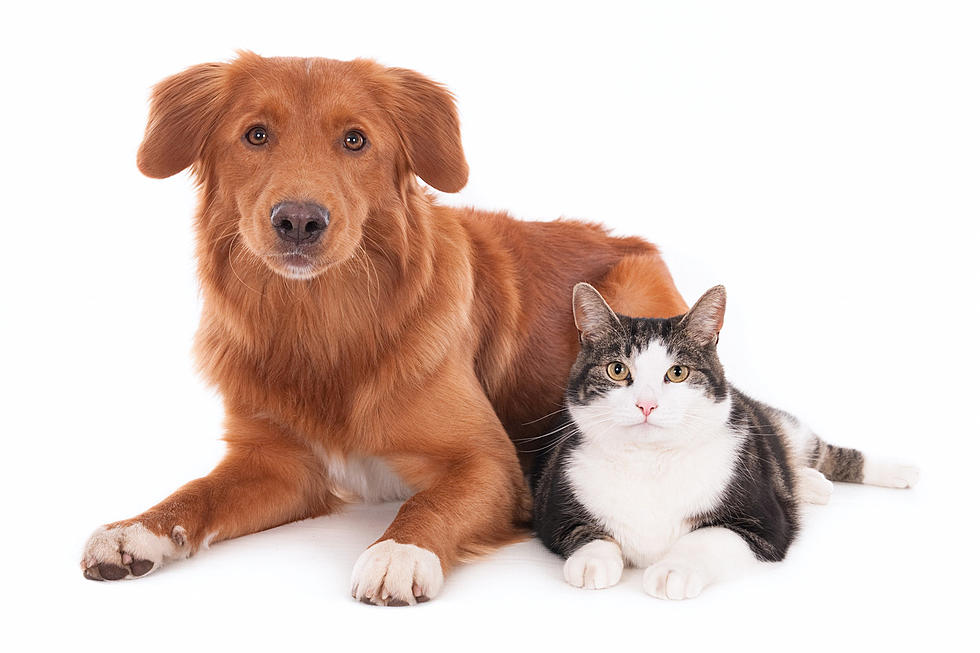
5 Simple Steps to Keep Pets Healthy Over the Holidays
When making holiday plans, consider your pets’ health needs. Here, five veterinary experts weigh in on steps to keep pets happy and healthy amid the hubbub.
Resist Those Pleading Eyes
According to veterinary nutritionist Dr. Dottie LaFlamme, high-calorie tidbits contribute to caloric overload and bad habits, while lacking necessary nutrient balance.
“Just one teaspoon of beef fat can contain almost twice the calories a small dog should consume in daily treats,” LaFlamme notes, adding that feeding from the table also promotes begging behavior. “If you must give pets a treat, feed it in their bowl after the meal to help with portion control.”
Avoid Holiday Hazards
The holidays can be toxic to pets. Chocolate poisoning is one of the most common accidents during the holidays, according to veterinary critical care specialist and toxicologist Dr. Justine Lee. Other food foes include grapes, raisins, bones, unbaked yeast bread dough, alcohol and xylitol, a common sugar substitute.
Likewise, “Potpourri liquid contains detergents that can cause severe ulcers and burns in a cat’s mouth, while tinsel can act as a severe linear foreign body when stuck in a cat’s stomach and intestines,” she explains.
If you're hosting, ensure houseguests pet-proof pill bottles.
Take Preventive Measures
Owners often experience a false sense of security about parasite prevention when the weather turns cooler. However, the holidays are no time to take a break from heartworm prevention, even though heartworms are spread by infected mosquitoes, says veterinary parasitologist Dr. Patricia Payne. Why? Because preventives work retroactively on heartworm larvae acquired earlier in the season.
“There’s no way to accurately predict past or future transmission, so the American Heartworm Society recommends year-round heartworm prevention for dogs and cats,” she explains. “Make sure to put a reminder on your holiday calendar to give routine monthly preventives to pets.”
Give the Gift of Activity
“When we removed hunting from pets’ daily lives, we reduced their physical and mental activity,” explains veterinary behaviorist Dr. Jacqueline Neilson. “When pets lack mental stimulation, they can become bored and depressed, and often create their own stimulating activities, such as chewing items or barking at passersby.”
Beat this concern with food puzzles and toys that require pets to work, play or “hunt.”
“Consider your pet’s personality when choosing holiday gifts,” says Neilson. “If your dog likes to chew things, a food toy that needs to be squeezed between the jaws may be ideal. Herding breeds may prefer a toy they can nudge.”
Travel Prep
An estimated 30 million people travel with their pets annually, and holidays are primetime for hitting the road. Flying? Check your airline’s pet requirements. For car travel, invest in a carrier.
“Your pet will appreciate a safe haven while traveling,” says Dr. Robert Stannard, who recommends adding a favorite blanket to provide a sense of familiarity.
Travel bowls, favorite toys and medications are necessities, not luxuries. Just be careful not to overfeed.
“Like us, pets can get motion sickness,” says Stannard. “Don’t feed your pet right before leaving, and limit food during travel to help prevent digestive upset.”
With a few precautionary measures, your four-legged family members can have a happy, healthy holiday season.
[StatePoint]
More From 92.9 NiN









